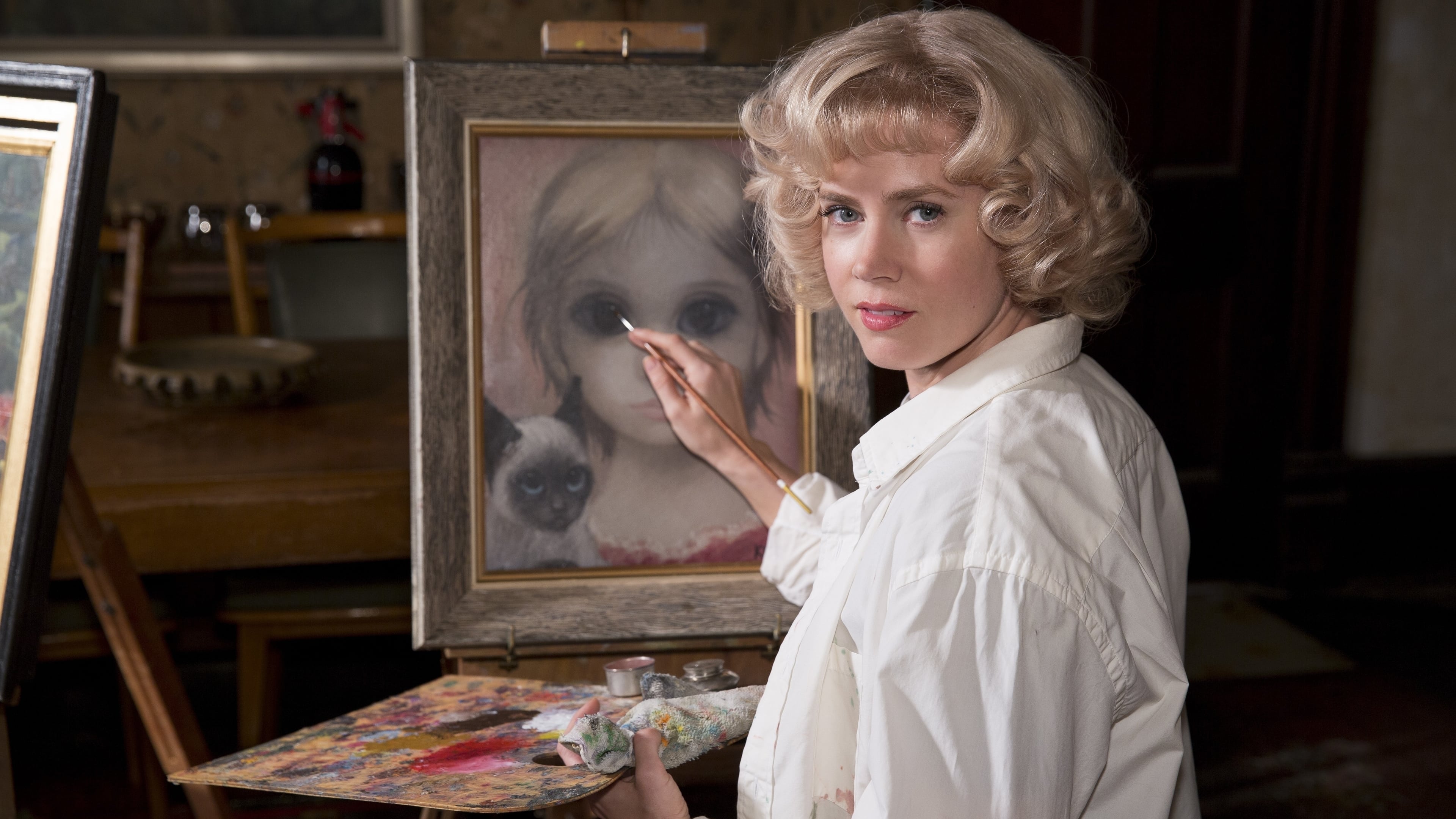I agree that it's a gross double standard, but I think it depends on how you define "excessive". I know relationship where the male half is the more caring/demonstrative. What makes it creepy is when you sense that a person has a mental math equation about how it works. I'm trying to remember the quote, but someone said something like "Some men treat women like vending machines. You put enough kindness in and sex falls out." It's the idea that you can just do a certain number of nice things and by some abstract chemistry a person will then fall in love with you--like you can "buy" love with X number of kind gestures. That, for me, is what is often behind the "person seems more creepy the nicer he acts". It's because the niceness doesn't seem genuine.
I think (and I’m trying to keep the conversation rooted in film rather than ‘life’ as such) there is a cultural expectation of reciprocity that goes both ways. That, in itself, is not sexist, it just is what it is. A person invests in another person, be it money, care or something else, and expects something in return. It can be sex, or it can be something worse. It certainly is a selfish, unreasonable expectation, but I’m wondering whether this isn’t just how the human mind works?
I remember reading
The Help about 7 years ago. The film was fine, I didn’t like it much, but it was competently made, and Octavia Spencer is a treasure. But I also thought the subplot with what’s-her-name, Skinner (?) (the lady who writes the book) and the guy named Stuart (?) was surprisingly deep. It explored, albeit briefly, precisely that kind of reciprocity expectation that remains normal today. The Stuart person had invested his time in whatever-her-name-was. While he was described as a legitimately ‘nice’ guy, give or take (apart from his views on Civil Rights/the humanity of ‘the help’, which were the dealbreaker for her), I remember how well it showed her trying to extricate herself from his expectation that if he’s nice to her, there may be something there in future. It definitely is creepy and unwarranted, but I think people try to create guarantees in life, and that applies to anything. It’s the same way we make ‘deals’ with the universe/God/whatever you want to call it, as in, ‘If I do this, x must definitely happen. If I put in all this effort, I must get somewhere, promise?’ On a totally irrelevant note, what I loved about
I, Tonya was how it annihilated that worldview.
I get what you mean. And I agree that when someone genuinely doesn't understand how to approach a loving relationship it is tragic. But I will always have more sympathy for the person who ends up on the receiving end of this kind of person.
Of course. I guess it shows these kinds of narratives ‘work’ on me, whereas you have a more deconstructionist approach. I really respect that. There are narratives which I start deconstructing immediately, but I guess these ones I just take at face value. No one is going to know what I’m talking about here, but I can’t not mention it.
There was this Russian book - and, subsequently, a film - in the broad
Fifty Shades tradition, I’m afraid - called
Dukhless/
Soulless (2012), which was surprisingly well received. Rotten Tomatoes loved it. But if you’re aware of Russian/post-Soviet culture, you see how utterly awful this thing is on a meta-level. It’s about an absolute monster of a guy - I’m talking, every misogynist male lead bastard amplified tenfold, because this is Russia - who torments his female love interest for the entirety of that monstrosity, and then in the final act, goes to lie down on the train tracks, and she saves him. It also annoys the **** out of me that it’s described as a ‘comedy’ in some places, as most people would see it as a ‘‘‘thriller’’’ (triple quotes intended). I remember when I did watch it, I thought it was beyond awful, again, on a meta-level. The most extreme version of the vending machine parable: I’ll make you take care of me (i.e., I won’t actually be nice to you but super-mean), but the grand total of this uncalled-for attention will make you interested enough to save me from the train tracks.



